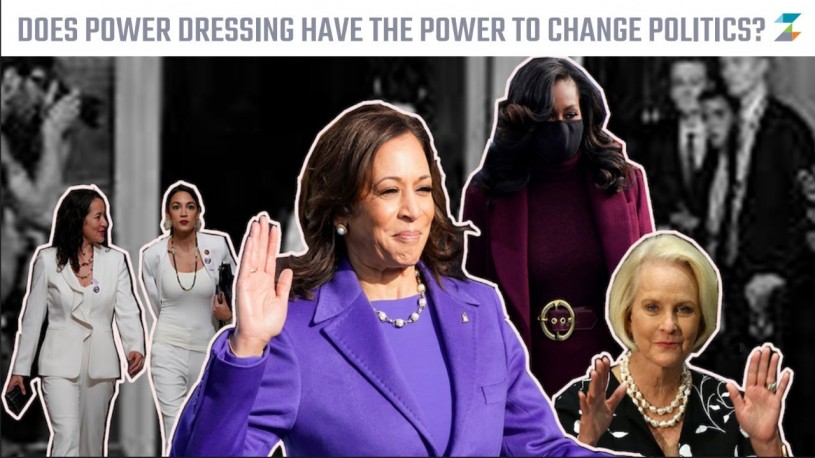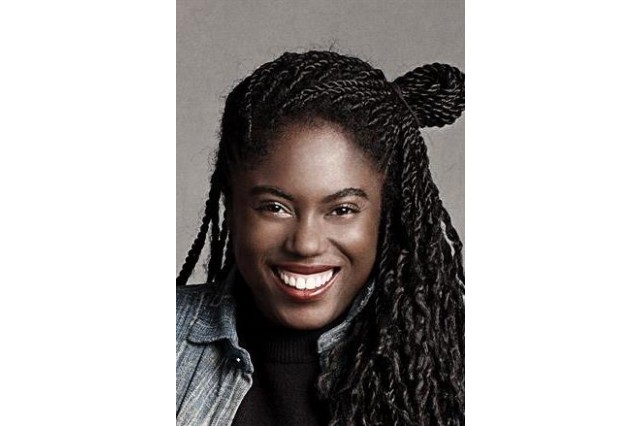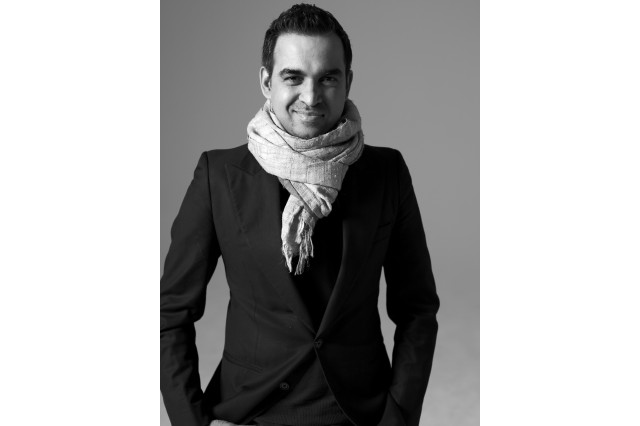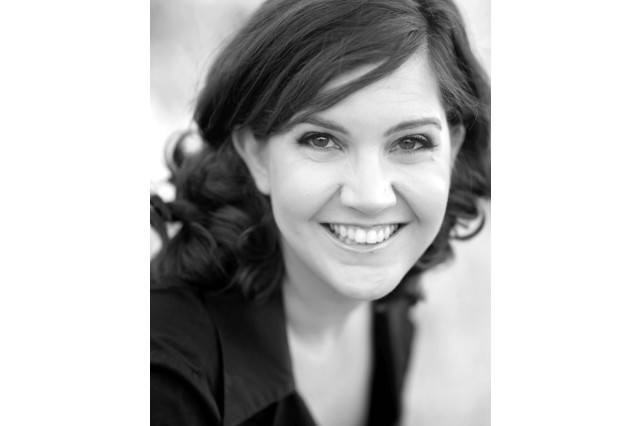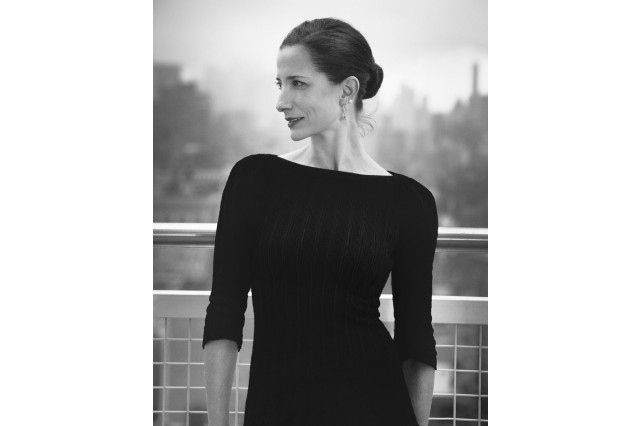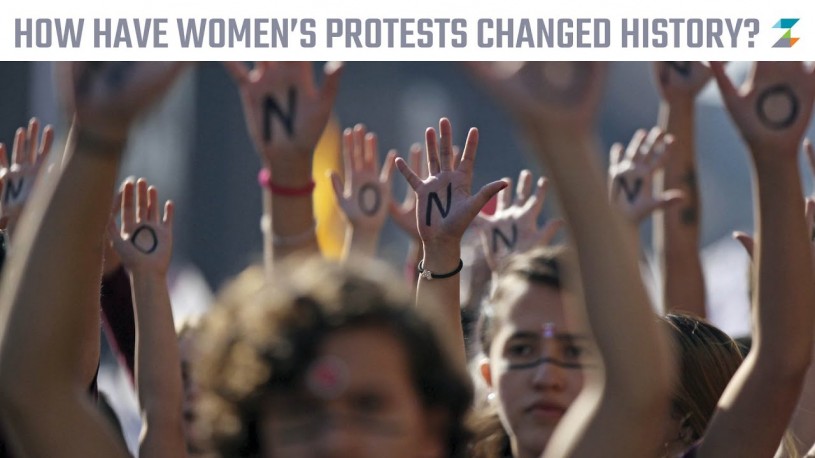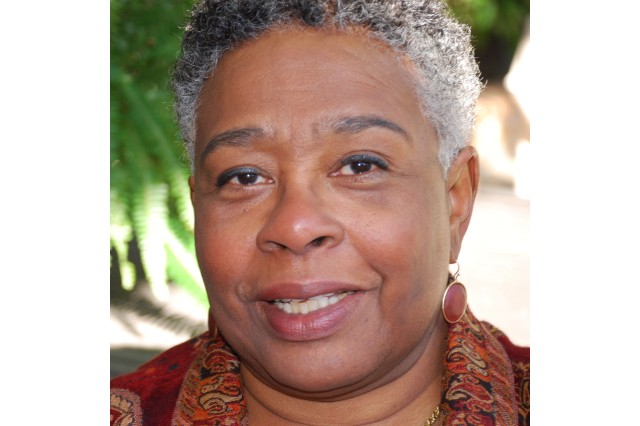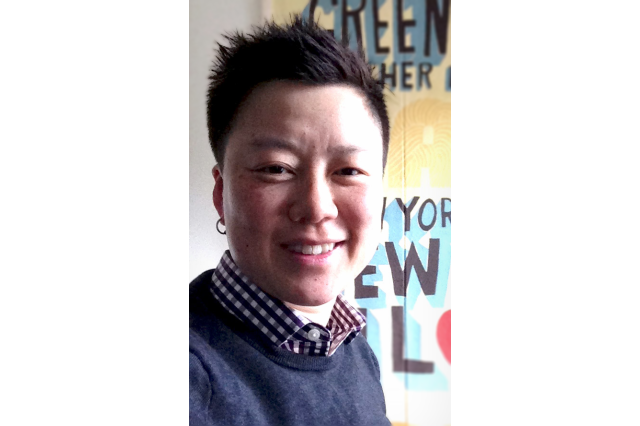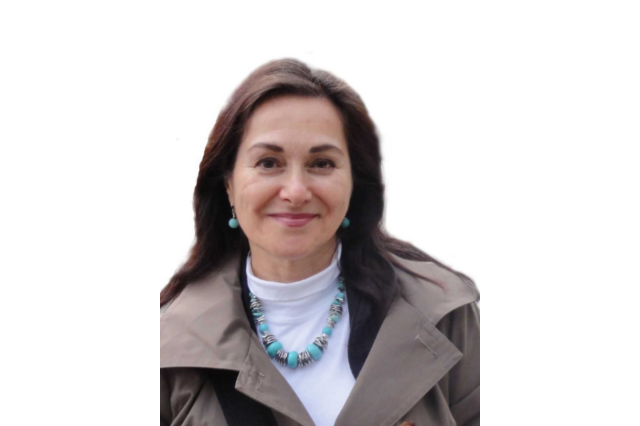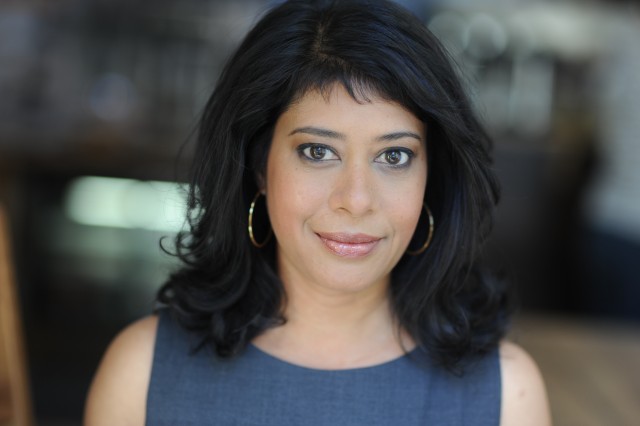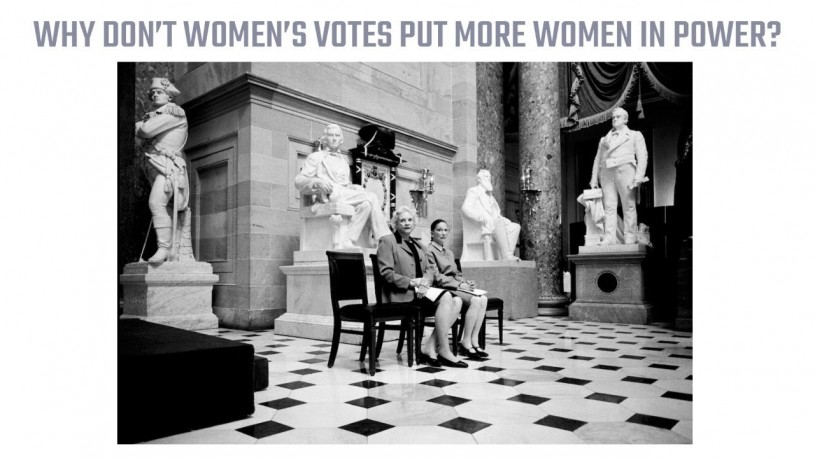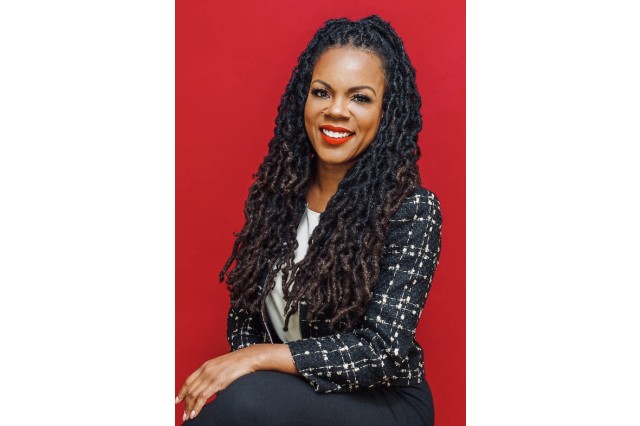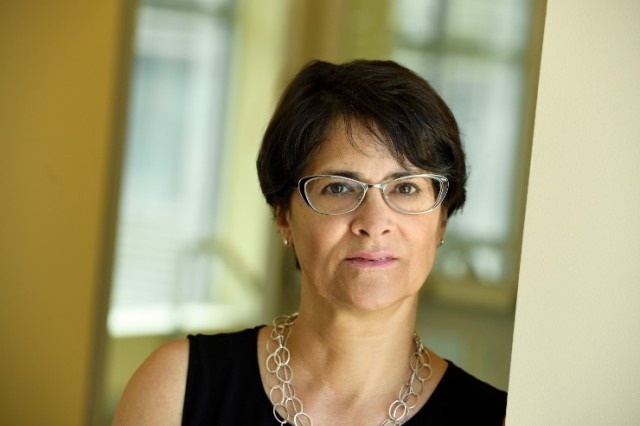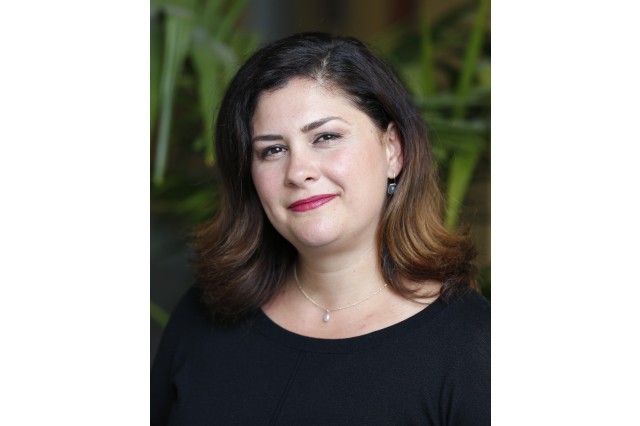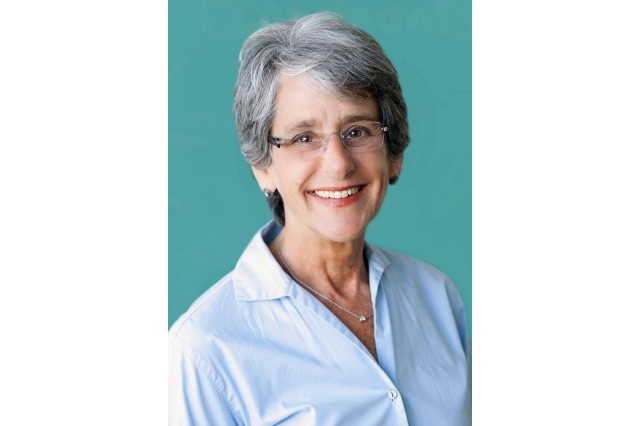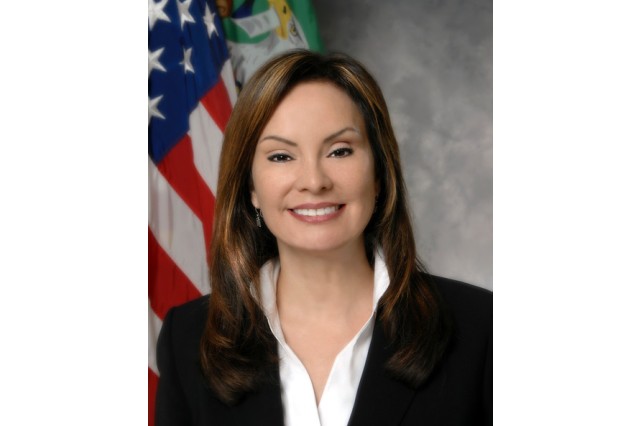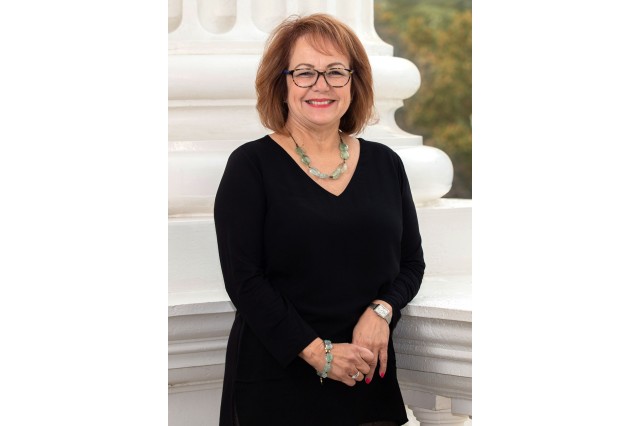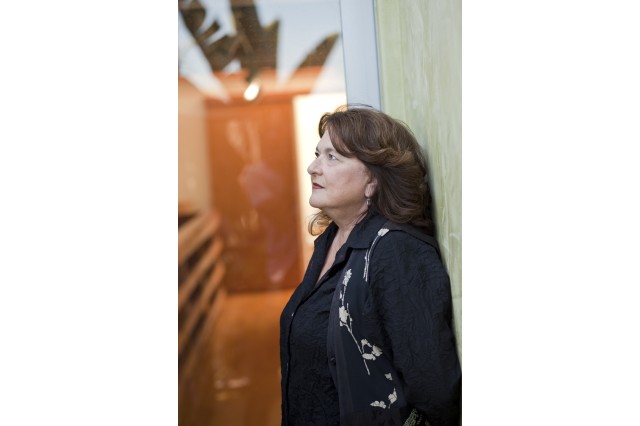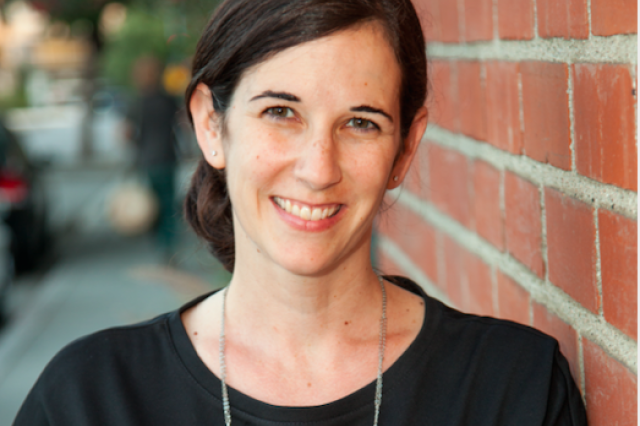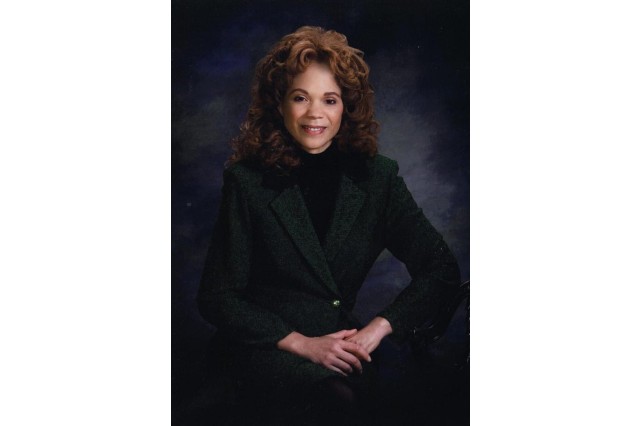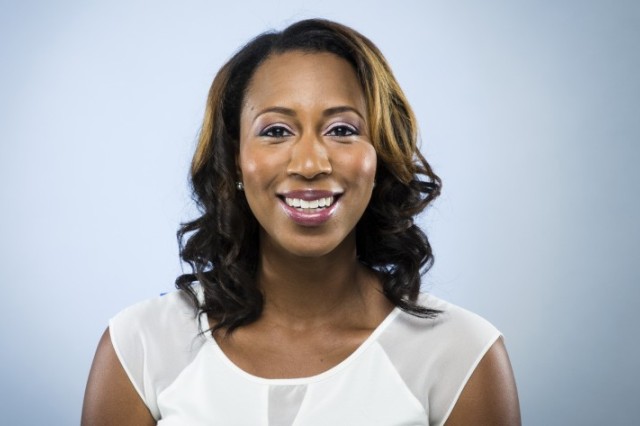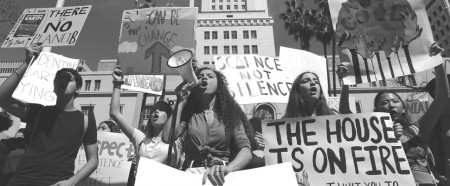When Women Vote: A Zócalo/NHMLAC Event Series
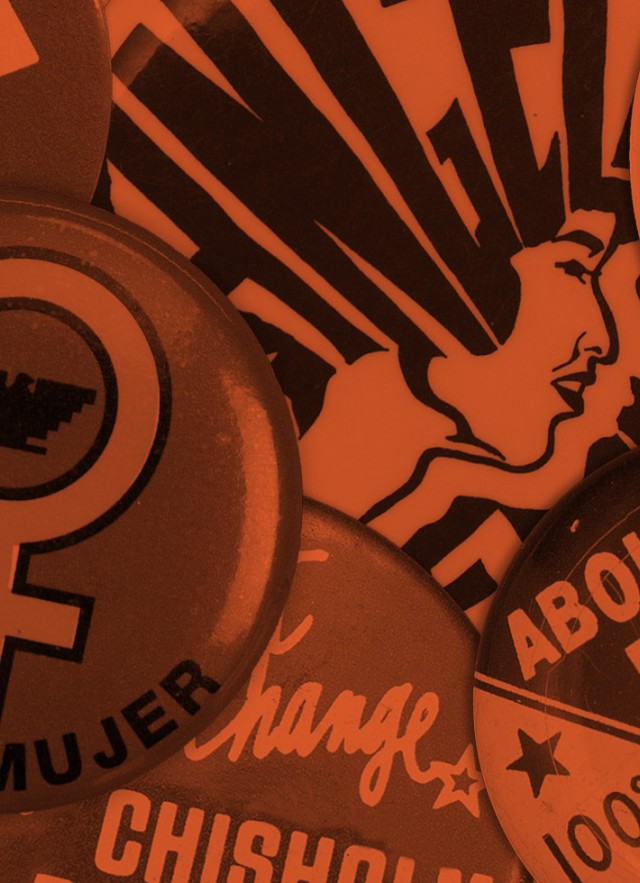
One hundred years after the passing of the 19th Amendment, Zócalo and the Natural History Museum of Los Angeles County present When Women Vote, a three-event series that begins with “How Have Women’s Protests Changed History?” on August 20th followed by "Why Don’t Women’s Votes Put More Women in Power?" on September 16th and "What Are Today’s L.A. Women Fighting For?" on December 3rd.
*JUST ADDED: "Does Power Dressing Have the Power to Change Politics?" on March 18, 2021 / 1pm (PST).
TOPICS AND DATES
Does Power Dressing Have the Power to Change Politics?
MARCH 18, 2021 | THURSDAY | 1 PM PST
Moderated by Vanessa Friedman, Fashion Director and Chief Fashion Critic, New York Times
A new, bold generation of women leaders is ascending in America. They haven’t entirely ditched the pantsuit, but they have embraced eye-catching colors, up-and-coming designers, and statement-making clothes and accessories. Which means these women have also opened themselves up to the risks—and rewards—inherent in such choices. This past election cycle had no shortage of iconic fashion moments, from Vice President Kamala Harris accepting victory in suffragist white to Michelle Obama’s “VOTE” necklace (by Los Angeles designer BYCHARI) going viral. Meanwhile, the fashion industry itself is being called on to take stronger political stances and right wrongs, past and present, particularly when it comes to issues of race, labor, and gender. Are we entering a new era of intertwined fashion and politics—and if so, what does it mean for these industries and institutions, and for the rest of us? What can the history of women and fashion in the political arena teach us about the perils and potential of statement-making—and sometimes barrier-breaking—style?
Studio One Eighty Nine co-founder and president Abrima Erwiah, fashion designer Bibhu Mohapatra, and fashion historian and author Kimberly Chrisman-Campbell visit to discuss the past and present of women’s fashion in American government, and what’s next.
How Have Women’s Protests Changed History?
AUGUST 20, 2020 | THURSDAY | 6 PM PDT
Moderated by Rinku Sen, Co-President of Women’s March Board of Directors
There are few forces of nature more formidable than a group of women fed up with the status quo. From the French Revolution—which was sparked in part by a 7,000-woman march from Paris to Versailles—to Black Lives Matter—which was founded by three women—some of the most important protest movements in global history have been women-led. In addition to organizing many of summer 2020’s continuing marches, over the past century women have taken to the streets to rally for voting and equal rights, to condemn sexual and gun violence, and to stand against the sitting president. But protest has taken other forms too, including the #MeToo movement, anti-colonial mobilizations from Ethiopia to Southeast Asia, women taking the wheel in Saudi Arabia to demand the right to drive, and boycotts and strikes like the Women’s Political Council Montgomery bus boycott. How have women risen up collectively to create change—and influenced broader movements in the process? What has made women particularly effective protesters, and what ideas have women come up with that have changed the art of protest?
USC labor historian Francille Rusan Wilson, Northeastern University feminist sociologist Valentine Moghadam, and UCLA gender studies professor Ju Hui Judy Han visit Zócalo to discuss the power of women saying “no” throughout history.
Why Don’t Women’s Votes Put More Women in Power?
SEPTEMBER 16, 2020 | WEDNESDAY | 6:00 PM PDT
Moderated by Marisa Lagos, California Politics & Government Correspondent, KQED
Since 1964, more women than men have voted in every United States presidential election. Yet we still don’t have a woman president or vice president; California, one of the first states to give women the right to vote, is one of 20 states that still hasn’t had a female governor, and Los Angeles has never had a female mayor. Why do women remain much less likely than men to run for office, despite the fact that they win elections at comparable rates (and that in some cases, women have an edge)? What would it take for women to achieve political power equal to that of men both locally and nationally?
One hundred years after the U.S. ratified the 19th Amendment, which was meant to guarantee American women the Constitutional right to vote, Johns Hopkins University historian Martha S. Jones, author of Vanguard: How Black Women Broke Barriers, Won the Vote, and Insisted on Equality for All, Institute for Women’s Policy Research president C. Nicole Mason, California State Senator and author of the California Fair Pay Act Hannah Beth Jackson, and Rosie Rios, the 43rd Treasurer of the United States, visit Zócalo to discuss the impact a century of women voting has made on representation in America, California, and Los Angeles.
What Are Today’s L.A. Women Fighting For?
DECEMBER 3, 2020 | THURSDAY | 6 PM PDT
Moderated by Angel Jennings, Los Angeles Times.
Women have made Los Angeles one of the nation’s most progressive cities, fighting for their own rights as well as those of children, laborers, immigrants, and other underrepresented groups since well before they gained the right to vote over 100 years ago. The city, which has the lowest gender pay gap of any American metropolis, has been a leader in creating policies designed to create wealth for working-class women in particular, from passing legislation to create the country’s first public bank to raising the minimum wage. But women in Los Angeles—particularly lower-income and Black and brown women—still face a number of challenges, including health disparities, housing struggles, and human trafficking. What battles are the women of Los Angeles fighting today, and what are the plans to win them?
California State Senator Maria Elena Durazo, artist and Social and Public Art Resource Center co-founder Judy Baca, Social Venture Partners Los Angeles executive director Christine Margiotta, and civil rights activist and lawyer Connie Rice, co-director of the Advancement Project, visit Zócalo to discuss what all the women of Los Angeles need to truly thrive.
If you’d like to hear more voices from the women’s movement, visit our Rise Up L.A. Oral Stories page.
You can listen to audio archives of oral stories of women in Los Angeles over the age of 65. Over 30 women took part in interviews conducted by our Performing Arts team, during which the subject of feminism, womanhood, and the importance of exercising your right to vote were discussed, among many other interesting personal stories.
You can also watch a recording of our online event, Rise Up LA: Voices From the Women’s Movement, which premiered on the 100th anniversary of the ratification of the 19th amendment. You will meet Dorsay Dujon, Janice Lipeles, and Barbara Sanchez, as they share transcripts from their oral story interviews. As well as Sarah Crawford, Senior Manager of Exhibition Design and Development at NHMLAC, and the story they are telling with the Rise Up L.A. exhibition.

